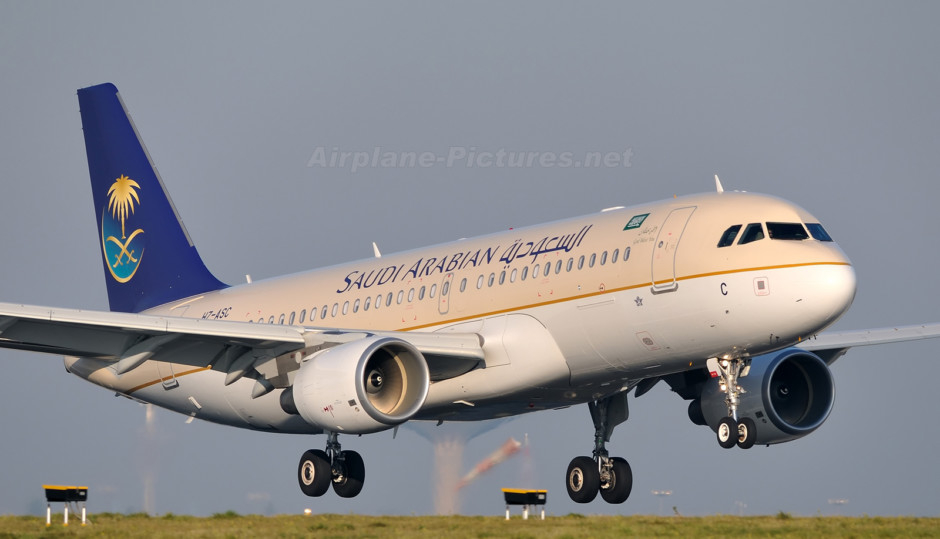Manila: Philippine aviation authorities stepped up security at the Ninoy Aquino International Airport in Manila after the Saudi Arabian Embassy claimed to have received information that militants are targeting a Saudia flight.
According to the ANC cable channel, the Saudi Arabian Embassy had asked the Philippine government to step up inspections for passengers of Saudi Arabian Airlines (Saudia) following recent information from authorities of a supposed plot to hijack or bomb one of the carrier’s flights.
The ANC said that information provided by the embassy revealed that 10 militants, purportedly from Yemen, were to carry out the attack.
The stricter measures at the airport in Manila for passengers of Saudia flights also followed the crash of EgyptAir flight 804 last Thursday in the Mediterranean.
The cause of the crash that killed 66 passengers and crew remains unclear but terrorism has not been ruled out.
Last week, the International Criminal Police Organisation (Interpol) in Manila screened passengers at the NAIA as part of an international campaign against illegal trafficking of nuclear and radioactive materials.
The exercise, dubbed Operation Conduit, involved the use of specialised portable radiation detection equipment of the Interpol placed at passenger movement areas at Terminal 3 — including the screening checkpoints and the immigration area.
These devices trigger an alarm if passers-by are positive of radioactive material.
Manila International Airport Authority (MIAA) General Manager Jose Angel Honrado said Interpol had been helping the Philippines strengthen border control at primary gateways of the country.
“More than ever, we are hastily transitioning to a world in which international borders are becoming less and less defined. In such a world, too, are rogue elements ready to take their chance at illegally transporting their resources. It is, therefore, the responsibility of local enforcers to see to it that our borders are protected. I thank the Interpol for stressing its importance through this collaboration,” Honrado said.
Among the countermeasures set in place was a mobile facial recognition system that can identify people involved in nuclear trafficking who have records in the Interpol database.













